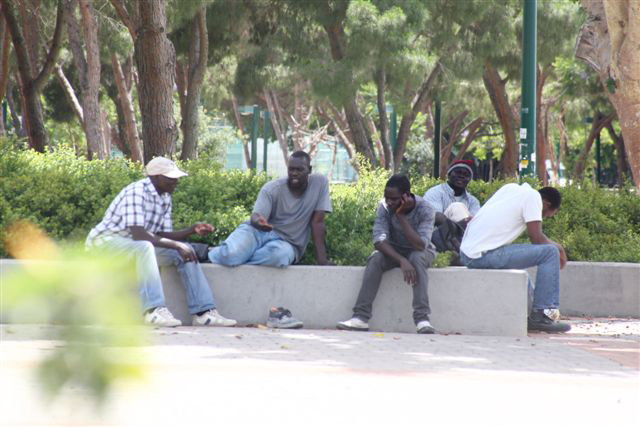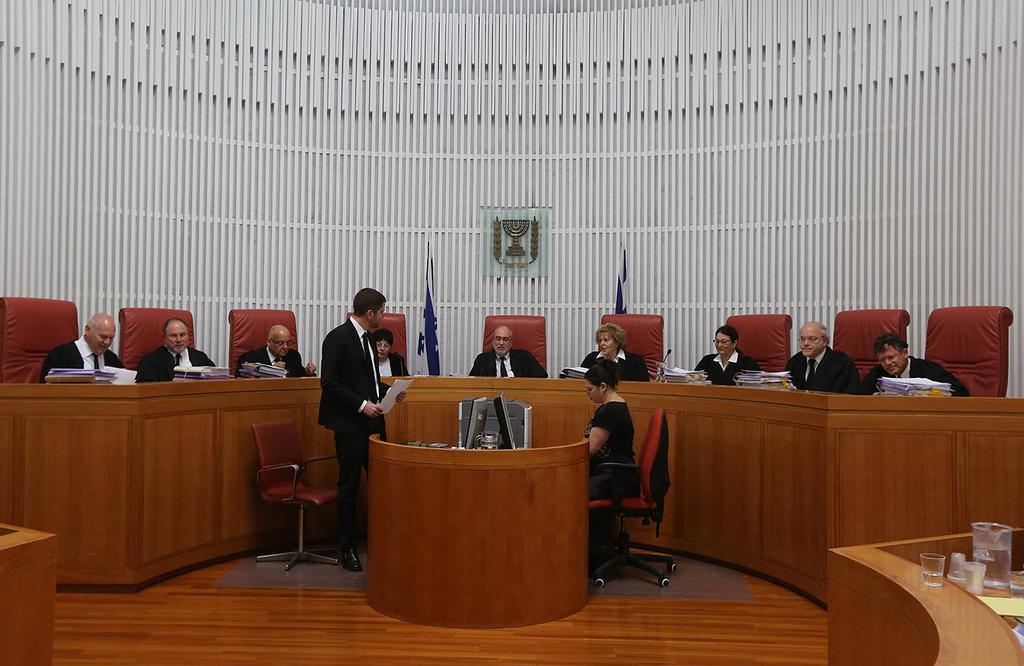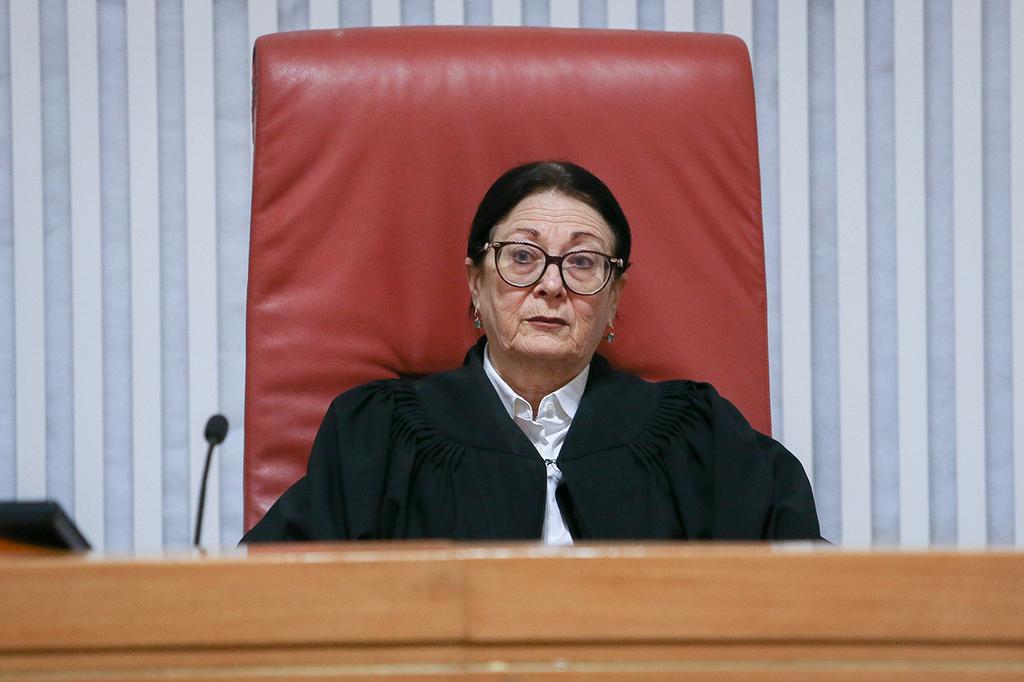Getting your Trinity Audio player ready...
In May 2017, the "deposit bill" came into effect in Israel, which states that an illegal immigrant residing in the country must set aside a fifth of their salary, aside from the 16% social security paid by the employer as a quasi-pension plan.
The full deposit is available to the worker when they leave the country. Some workers, such as women or single parents, are only supposed to set aside six percent.
The court has rejected the Prevention of Infiltration Bill three times, which allows the state to hold illegal immigrants in custody, to encourage them to leave Israel.
The deposit bill was supposed to set a healthy balance between humane treatment for those who came to Israel, mostly due to economic hardship, and the state's desire to keep them from coming.
But even this most moderate law - which gives illegal immigrants a chance to work and make a decent living while also allowing them to save a substantial amount of money – was rejected by the High Court of Justice.
The legislation, by the way, had received the blessing of the Justice Ministry, which found it constitutional.
So, the High Court ruling is not judicial activism, but rather unbridled imperialism that makes the government and Knesset redundant.
Why is this latest ruling so clearly unreasonable?
According to the World Bank, remittances to low-and middle-income countries from high-income countries reached a record high of $529 billion in 2018. Africa alone enjoys $160-120 billion annually in remittances, which are transferred by over 30 million Africans living outside of the continent.
Estimates presented during a Knesset hearing on prohibiting illegal immigrants from transferring funds overseas said that each individual transfers between NIS 1,000 -1,100 per month. This is close to the amount that the new bill will require to set aside.
In any event, the deposit is not simply taken from the worker - it is theirs to reclaim when they leave Israel.
4 View gallery


Protesters demonstrating against Supreme Court ruling rejecting amendment to Prevention of Infiltration Bill
Under current immigration policy, this is the most humane approach. The unauthorized alien has the opportunity to work, support themselves, and save a significant amount.
The High Court ruling states that France, Germany, Belgium, Ireland, and the Netherlands all demand that an undocumented person "participate in the financing of their stay in the country."
Germany, Switzerland, and Denmark confiscate property and money from refugees to finance their stay. This is a far more blatant violation of the "right to property."
But according to Chief Justice Esther Hayut, the bill crosses "the thin line between positive encouragement to leave and 'breaking the spirit' of undocumented immigrants so they decide to leave."
Excuse me?! If it is but a "thin line," why do the judges take such a hardline stance and repeal the law? After all, Hayut actually admits that this is not such a substantial violation of a person's dignity, but something vague somewhere along this "thin line."
The violation of the human dignity of tens of thousands of Israelis due to the phenomenon of undocumented immigration far exceeds the marginal, temporary blow these workers are dealt by the deposit bill.
After all, what will happen to illegal immigrants? Their right to transfer funds will be impacted but is it really a violation of human dignity?
Are the judges unable to look at the facts from a wider perspective?
After all, they are only further fueling claims that the court has become a branch of the left-wing Meretz Party.
It is a pity. This does not strengthen the rule of law but rather violates it and tramples on the separation of powers.




